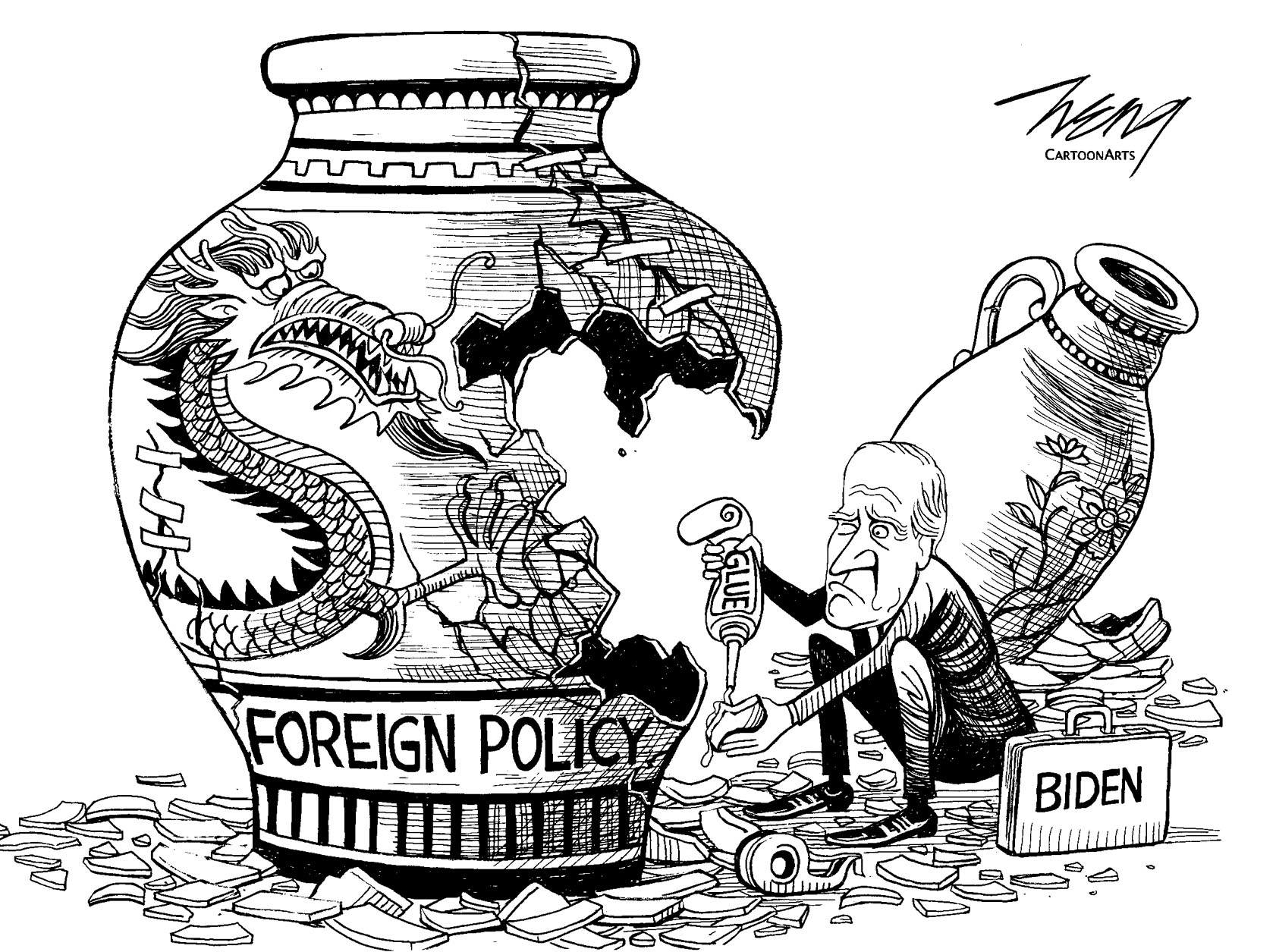Much has been made of the Regional Comprehensive Economic Partnership (RCEP) since it was signed in November. After all, participating countries account for 30% of the world's GDP. Conspicuously absent was the United States.
As president-elect Joe Biden prepares for his inauguration, the international community is anticipating how the incoming administration will approach free trade. In some ways, RCEP is the result of America’s shifting attitude on such trade.
In the early stages of the negotiations, China insisted on basing the free trade framework on ASEAN countries “Plus Three” (Japan, China and South Korea). Tokyo, worried about Beijing further expanding its influence, advocated adding India, Australia and New Zealand, to form an “ASEAN Plus Six” framework.

















With your current subscription plan you can comment on stories. However, before writing your first comment, please create a display name in the Profile section of your subscriber account page.